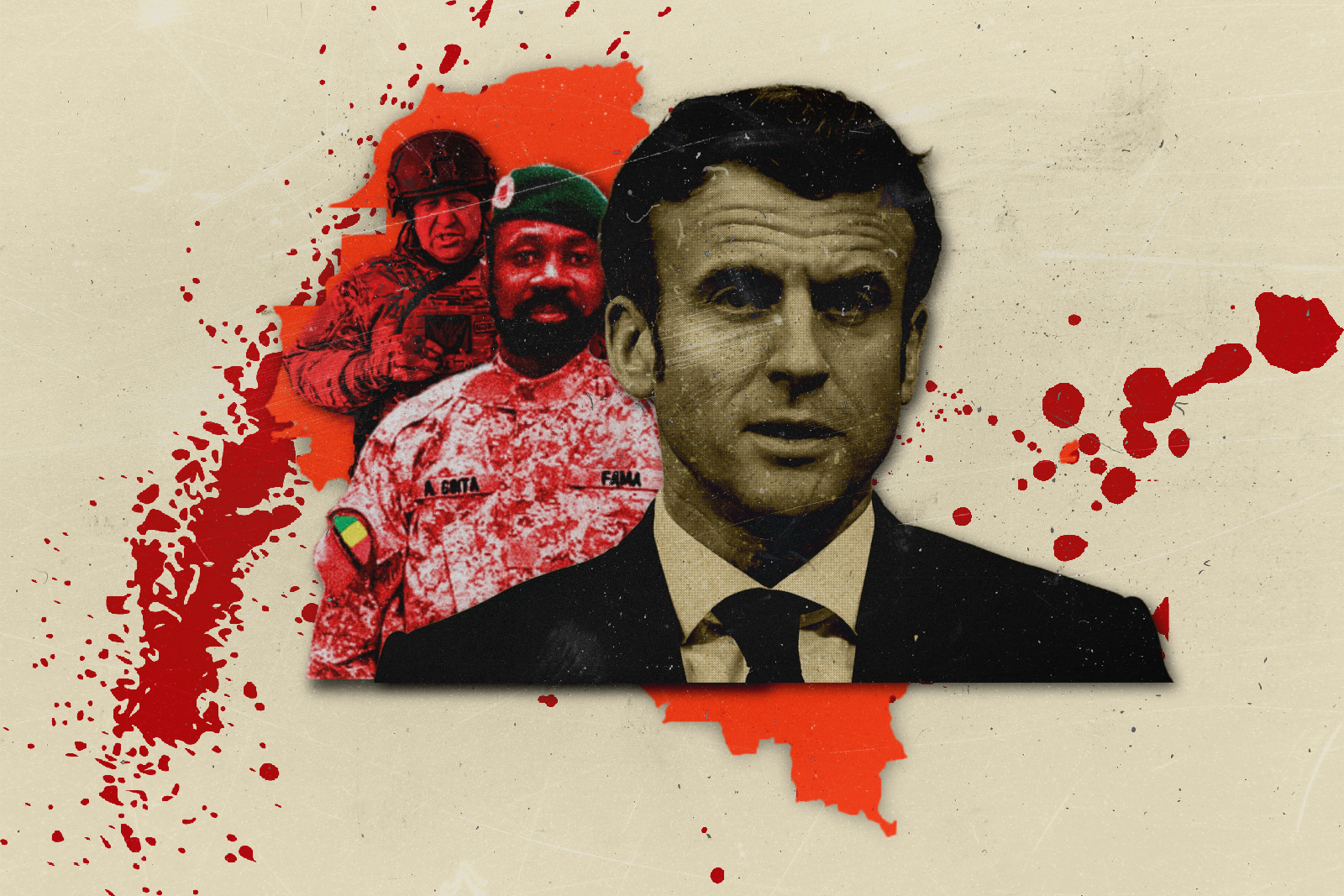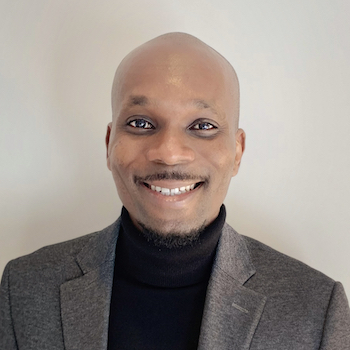
The U.S. Can Learn from French Missteps in Africa
On January 23, the military junta in Burkina Faso confirmed its decision to end the accord that allowed French troops to operate in the country. That decision came a few weeks after the junta requested the departure of the French ambassador. Burkina Faso’s junta, similar to their counterparts in Mali, aims to dramatically diminish France’s influence in its country. One consequence of the deterioration of France’s relationship with its former colonies is the growing presence of Yevgeny Prigozhin’s Wagner Group.
Two main factors explain African leaders inviting Russia, and by extension, the Wagner Group, to set up shop; the failure of a rapid eradication of violent extremist groups and the desire of a new generation of African leaders to diversify their international partners. The latter appears to be mainly motivated by French President Emmanuel Macron’s arrogant attitudes towards Africans, and the double standards France applies to the continent. For instance, France supported non-democratic dynastic successions in countries such as Chad and Gabon but cited democratic principles in calling for sanctions against the juntas in Guinea and Mali.
The lack of results in the fight against terrorism, even with the presence of French troops, is one of the factors that led to military coups in Mali and Burkina Faso. The juntas criticized the approaches of their respective governments to the war against extremists. Local armies, military assistance from France and other Western countries, and UN peacekeeping forces have been unable to neutralize the terrorist groups. Moreover, countries such as Mali have levied rather fanciful charges that France is providing intelligence and weapons to armed groups operating on Malian territory.
Decades ago, France signed military agreements with many French-speaking African countries that have borne little fruit. These countries’ armies are poorly trained and ill-equipped and must rely on France for almost everything. To many Africans, they view France’s attitudes towards them as condescending, and not much has changed in the sixty years since many of them gained independence. Abdoulaye Diop, Mali’s minister for foreign affairs, said, “The difficulty we had with France was that it was not a sincere partnership that allowed Mali to evolve, to ensure its security.” He went on to say, “It was a scheme of dependence.”
For the Central Africa Republic and Mali, the solution seems to be turning to Russia and the Wagner Group as partners to effectively train their military forces, and most importantly, to provide the military equipment they need to fight extremists. Leaders of those countries consider the Wagner Group’s control over gold mines in exchange for their military support no different than previous French practices in their countries.
France, through commercial entities, still controls significant mines and oil fields on the continent. Orano, a French multinational, operates a uranium mine in Niger that provided nearly 25 percent of Europe’s uranium supplies. However, investment in communities around the mine is almost non-existent, and people are exposed to deadly levels of radiation.
Russian propaganda in Africa is sophisticated and potentially dangerous. However, in Francophone Africa, Russia is merely taking advantage of French missteps which are too numerous to count. More than sixty years after its former colonies gained their independence, France seems intent on maintaining some version of colonialism that suits its needs. The use of CFA francs by its former colonies and its support to dictators on the continent are tools France uses to advance its commercial and geopolitical interests.
The argument that France’s decline in Africa is a result of Russian propaganda and Chinese influence in Africa fails to acknowledge France’s history on the continent. Paris’ decline and Russia’s simultaneous rise in Africa are rooted in the perceived disdain that French leaders have shown for Africans’ concerns and their unwillingness to create a shared, determined, and clear-sighted partnership with former colonies. To many Francophone African leaders, Russia is left as the only reliable foreign military partner to help them deal with extremists.
African countries are open to new partnerships that take their needs and goals into account, not patronage relationships with countries seeking to impose their ways. Africans want relationships of mutual respect and shared strategic goals, and the right to choose their allies and destinies.
As the Biden administration sends a cascade of high-level officials to Africa, including Vice President Kamala Harris, First Lady Jill Biden, and Secretary of State Antony Blinken, some African analysts doubt the sincerity of its engagement with the continent. They argue that the United States is more driven by fear of losing influence and leverage in a changing global order, where African countries are increasingly asserting their autonomy and diversifying their partnerships.
Felwine Sarr, a Senegalese economist, writes, “Africa has no catching up to do. It must no longer run on tracks laid down by others, but rather walk firmly on its chosen path.” The United States should take note of this sentiment and adopt strategic policies that make it a reliable partner for Africa, not a patron. The recent U.S.-Africa leaders’ summit set the tone for a reset in this relationship, but the United States needs to bring forth actions instead of just words.
Washington should not engage with the continent only to counter Russian (and Chinese) influence. Instead, the United States should work to bring generations of Africans and Americans together to learn from each other and to work together in a mutually respectful way to face this century’s global challenges in pursuit of development and prosperity for all.
This article was originally posted in the Foreign Policy Research Institute.

